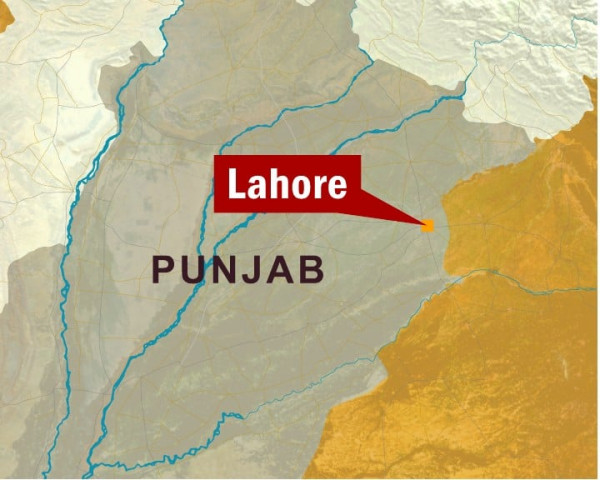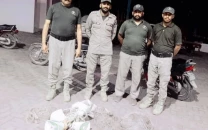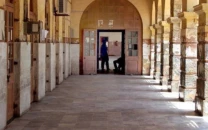Travails of the working class brought to light
A report suggests main reason for increasing poverty in Pakistan is the large budget for military and debt servicing.

She was addressing the participants of a conference organised on December 28, at the Lahore Press Club, coinciding with the launch of a report on state policies and the struggle of the working class.
The report tilted Poverty and Vulnerability Cycles in South Asia: Narratives of Survival and Struggles by the South Asia Alliance for Poverty Eradication stated that 44.1 per cent people are employed in agriculture sector, literacy rate in people 15 years and above is 54.2 (2006), and population below national poverty line is 32.6 per cent (2006).
The report features some case studies of women who struggled for their rights.
The report suggests that the main reason for increasing poverty in Pakistan is the high rate of food inflation, electricity shortages, malfunctioning of the economy and increasing budget allocations for military and debt servicing.
It says that the spending on social development projects has also been cut. The trade imbalance, it says, it widening due to declining exports and heavy dependence on imports, depleting infrastructure, illiteracy, gender inequalities and discrimination.
Hoarding of basic food items, civil war in NWFP and Balochistan provinces, terrorism, religious radicalism, political upheaval, corruption and finally a lack of governance are other major reasons it argues.
It mentions Akeela, currently the leader of Punjab’s Peasant Women Society. She, the report says, stood for the rights of her community in 2000 when she was studying in college.
She was affected by the repression launched by the police and rangers against the peasants of the Okara Military Farms. She joined the struggle of Anjuman Muzareen Punjab. For this she was also implicated in false cases. The peasant movement was launched on self-help basis, but with the passage of time, several civil society organizations started paying attention to it and supported it.
Akeela said she had designed her strategy wisely, calling upon mainstream political and human rights activists, such as Asma Jahangir, to inspire impoverished women farmers.
Then there was the case of Samia Sarwar, who was murdered for trying to escape an abusive marriage. At the instigation of her own parents, the 36-year-old woman was shot dead in Lahore. The case never made it to the court. Following Sarwar’s death, a resolution condemning honour killings was proposed by a member of parliament. It was later withdrawn.
The report also discusses the issues relating the rights of the fishermen.
It includes a case from 2008, about the unity of fishermen against a contractor, Qasim Zardari, who was backed by the then president of Pakistan. Pakistan Fisher Folk Forum kept united against the exploiting contractors and on August 20, 2008, Qasim Zardari and his private forces vacated the pickets and court in Sanghar released the fishermen after the police, who had made the arrests, admitted to filing fabricated case against them.
Farooq Tariq of the Labour Party said that a sixth of the world’s population lived in the South Asia.
Published in The Express Tribune, December 29th, 2010.



















COMMENTS
Comments are moderated and generally will be posted if they are on-topic and not abusive.
For more information, please see our Comments FAQ